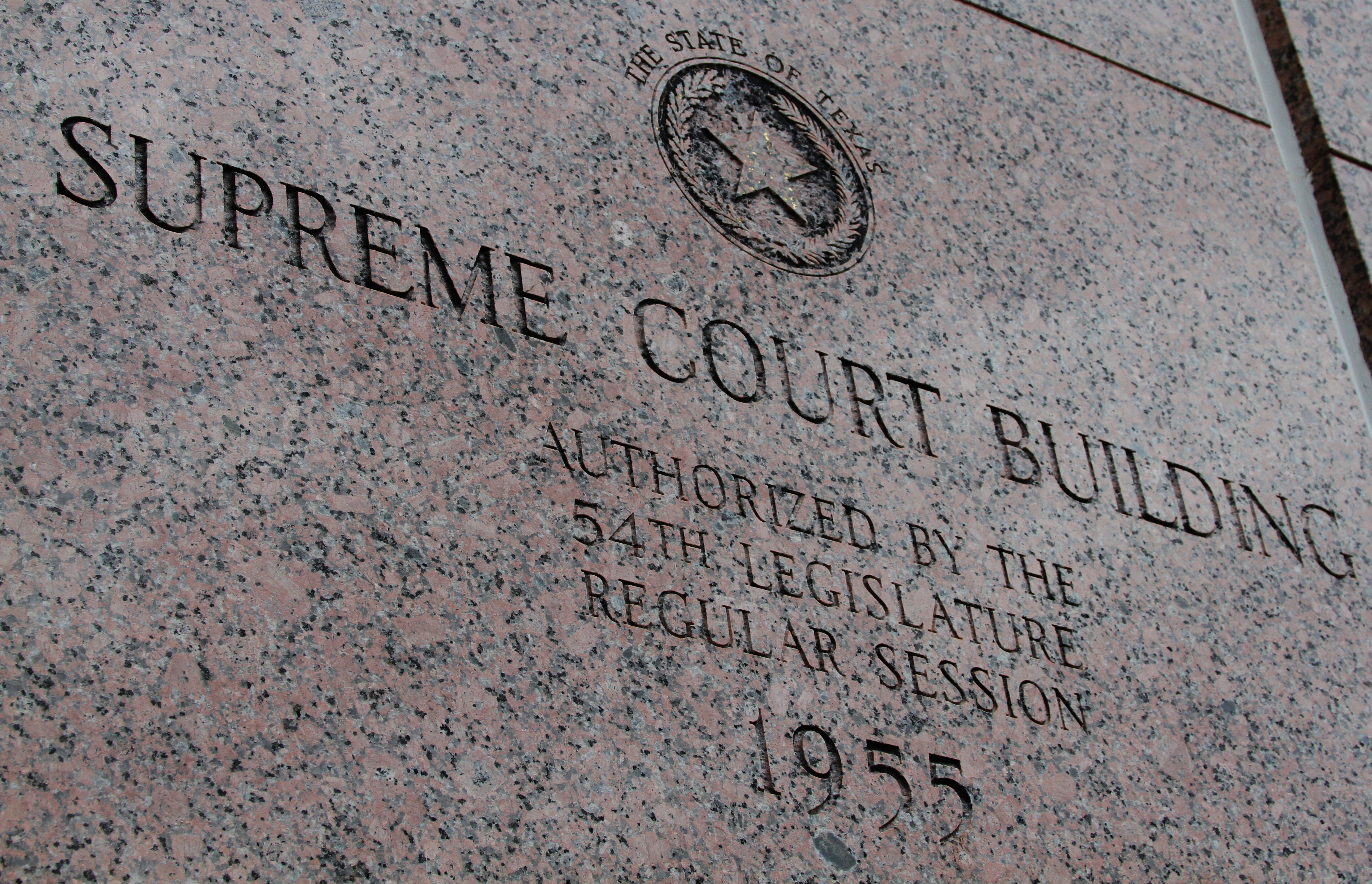In re RSR Corp. & Quemetco Metals Ltd., Inc.
No. 13-0499
Case Summary written by Mariah Mauck, Staff Member.
JUSTICE DEVINE delivered the opinion of the Court.
Inppamet S.A., a Chilean manufacturer of anodes, licensed anode-production information from RSR Corporation and Quemetco Metals Limited, Inc. (RSR) in 2003. As a result, Inppamet promised RSR would be paid a fee for every anode sold. In 2008, RSR sued Inppamet in Texas for (in addition to other things) breaching their contract and misappropriating trade secrets. In this underlying case, Bickel & Brewer represent RSR. Inppamet also sued RSR in Chile in 2008. In the Chilean litigation, the law firm of Bofill Mir & Alvarez Jana (BMAJ) represents RSR.
When Hernan Sobarzo, former Inppamet finance manager, resigned in April 2010, he took with him about 2.3 gigabytes of data—which consisted mostly of emails. The emails included both Sobarzo’s personal communications, as well as communications between Inppamet’s managers, directors, and lawyers. Months after Sobarzo resigned, an attorney with BMAJ reached out and requested Sobarzo to contact him. The two ultimately met to discuss Inppamet and the dispute with RSR. Several meetings followed and often involved Bickel & Brewer. According to the trial court’s findings, Sobarzo met with attorneys and consultants from Bickel and Brewer at least nineteen times.
Though the parties disputed what transpired during the meetings, it was apparent that Sobarzo supplied important information concerning Inppamet, accusing the company of underpaying RSR under the 2003 agreement. Sobarzo showed Bickel & Brewer attorneys Inppamet documents on his computer. Additionally, BMAJ possessed many Inppamet documents on a pen drive. The parties disputed the privileged and confidential nature of the documents—as well as the number of documents—reviewed by Bickel & Brewer. Furthermore, Sobarzo insisted on compensation for his meetings with Bickel & Brewer and BMAJ. However, Sobarzo quit consulting with Bickel & Brewer and BMAJ two months after he signed a consulting agreement formalizing the terms of his compensation. After quitting, Sobarzo signed an affidavit withdrawing his accusations against Inppamet and claiming that Inppamet never underpaid RSR.
Inppamet moved to disqualify Bickel & Brewer as RSR’s counsel because of concerns with the attorneys’ exposure to Sobarzo and his documents. The trial court appointed former Texas Supreme Court Justice Deborah Hankinson as a special master and she denied the motion to disqualify. Following Inppamet’s appeal on the disqualification ruling, the trial court ordered Bickel & Brewers disqualification, relying primarily on In re American Home Products Corp. The court of appeals later denied RSR’s petition for mandamus relief.
Issue: Whether the trial court abused its discretion in disqualifying RSR’s counsel.
The Court held that the trial court abused its discretion by improperly disqualifying RSR’s counsel under American Home Products. That case concerned the disqualification of counsel for hiring the opposing counsel’s former legal assistant. RSR argued that since Sobarzo was a fact witness, a different standard applies. The Court agreed and held that the factors test from In re Meador provided a better standard for evaluating whether Bickel & Brewer should be disqualified in this case. The factors test also properly balanced Inppamet’s desire to protect confidential information against RSR’s interest in retaining counsel.
Meador provides factors for a trial court’s consideration of whether disqualification is required when attorneys “receive[] an opponent’s privileged materials outside the normal course of discovery.” The six factors from Meador relevant for the trial court’s consideration include: (1) if the attorney knew or should have known the privileged nature of the materials; (2) the timeliness of the attorney notifying the opposing side that its privileged information has been received; (3) the degree to which the attorney reviews and processes the privileged information; (4) the importance of the privileged information; (5) the degree to which the movant might be to blame for the unauthorized disclosure; and (6) the degree to which the nonmovant will be prejudiced from the disqualification of his or her counsel. The Court found that the trial court applied the wrong standard in ordering Bickel & Brewer’s disqualification in that it neither contemplated the Meador factors nor settled the factual disputes required to do so.
Instead, the trial court agreed with Inppamet that Sobarzo’s position as a paid consultant and his extensive interaction with Bickel & Brewer necessitated the application of American Home Products. Under that case, two presumptions by the court ensured that any law firm hiring opposing counsel’s former paralegal was disqualified (unless the firm has screening measures in place): (1) the conclusive presumption that a paralegal who has worked on a case received confidential information and (2) the presumption that the paralegal revealed the confidential information with the new employer. The Court noted that it has only applied the presumptions from American Home Products to legal assistants, paralegals, or other non-attorneys who are supervised by lawyers and retained to assist with litigation. Nonetheless, the Court concluded American Home Products does not apply to fact witnesses like Sobarzo because he—while employed at Inppamet—was not hired for litigation purposes and was not directly supervised by lawyers.
Thus, the Court held that the trial court abused its discretion by disqualifying RSR’s counsel under American Home Products. The Court, however, did not determine whether disqualification would have been appropriate under Meador because the trial court neither addressed the issue, nor determined all fact issues pertinent to a Meador analysis. The Court conditionally granted mandamus relief, only to be issued if the trial court fails to vacate its order granting Inppamet’s disqualification motion.


